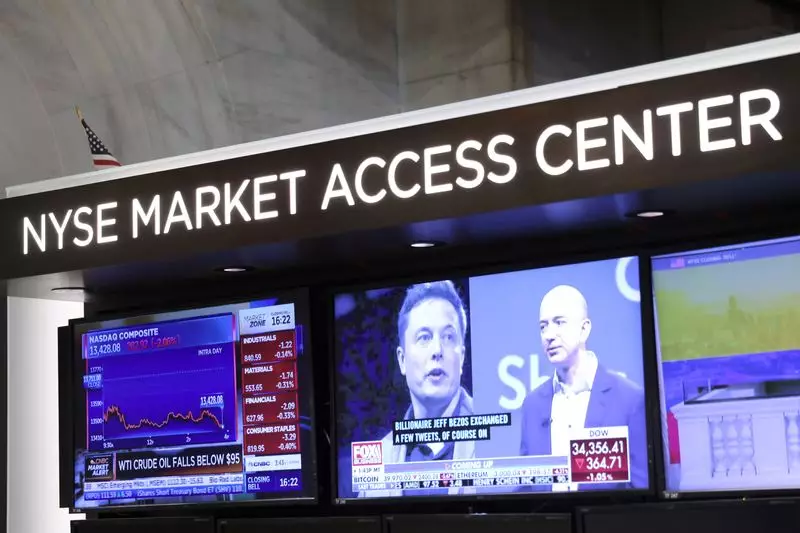Jeff Bezos, the founder of Blue Origin, recently expressed a surprisingly optimistic outlook regarding the future of space exploration under President-elect Donald Trump, particularly in relation to his rival, Elon Musk, and his company SpaceX. In an interview, Bezos stated that he does not believe Musk will leverage his close relationship with Trump to undermine Blue Origin’s competitive standing. This sentiment reflects a wider perspective that the burgeoning private space sector can coexist, even in a politically charged environment. Bezos’ positive view signals confidence not just in his own company’s capabilities, but also in the overall direction of the Federal space agenda.
While both Bezos and Musk are leaders in the space industry, their visions for space exploration exhibit notable differences. Musk champions an aggressive approach toward colonizing Mars, advocating for direct missions to the red planet over lunar exploration. In contrast, Bezos maintains that both lunar and Martian objectives should be pursued concurrently. This divergence highlights a fundamental debate in the aerospace community about prioritizing resources and efforts. Bezos emphasizes the importance of continuity in space endeavors, cautioning against a start-stop approach that could hinder long-term progress.
The political landscape surrounding space exploration is evolving, particularly with the incoming Trump administration. Musk has been instrumental in building a rapport with Trump and his administration, raising concerns among industry analysts about potential shifts in NASA’s priorities. Trump’s administration is expected to redefine NASA’s strategic initiatives, placing a heavier emphasis on Martian expeditions, which could reshape the current lunar agenda. Bezos, however, remains steadfast in his belief that both programs can thrive together, a position he articulated while watching the forthcoming launch of Blue Origin’s New Glenn rocket.
Blue Origin’s commitment to the lunar program is evidenced by its substantial $3 billion contract with NASA, reinforcing Bezos’ ambition to facilitate human landings on the moon in the latter part of this decade. By making significant investments in space infrastructure, Bezos seeks to establish a strong foothold for Blue Origin in a rapidly evolving industry that SpaceX currently dominates. As both companies engage in a race to push the boundaries of space travel, the outcome will not only affect their bottom lines but will also significantly influence humanity’s reach beyond Earth.
While competition between Bezos and Musk is palpable, there lies an undercurrent of potential collaboration in the broader context of space exploration. Both figures are pioneers who share a common goal of expanding humanity’s presence beyond Earth. By fostering an environment where innovation can flourish amidst healthy competition, the future of space exploration may very well hinge on their ability to work within the political frameworks that shape NASA’s roadmap. As these titans of industry continue to navigate the complexities of governmental influence and market competition, the next decade is poised to be transformational for the sphere of space travel.

